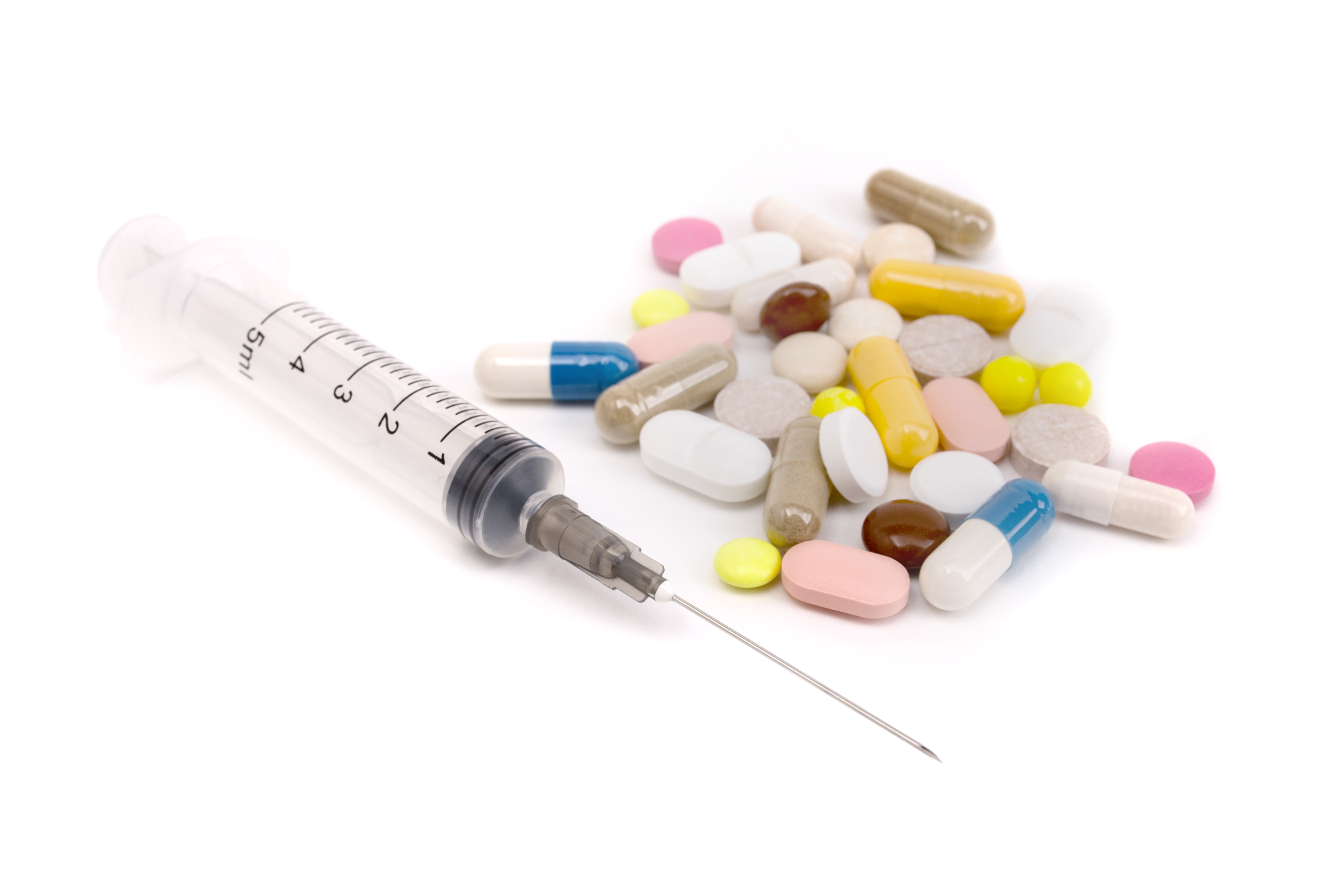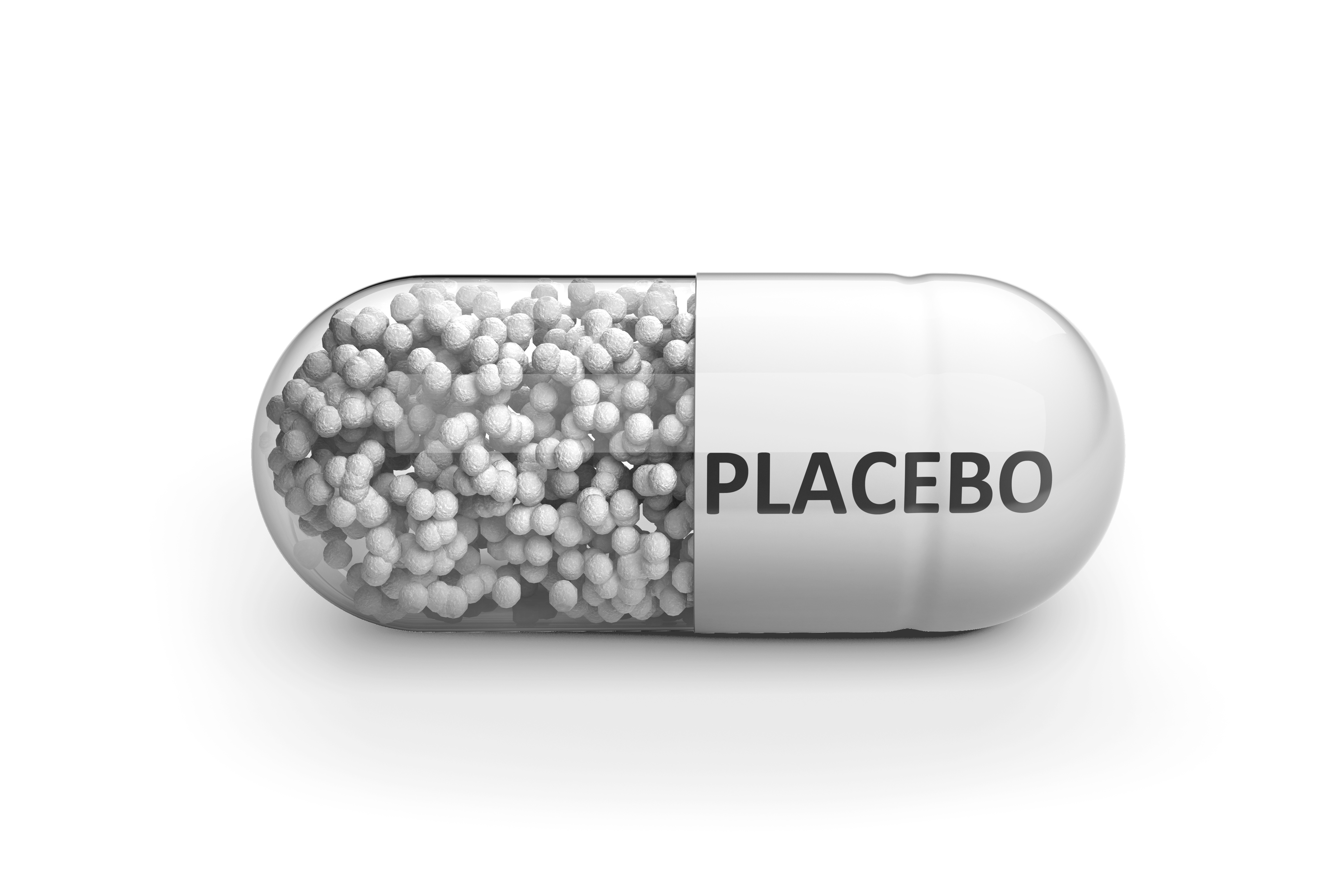Other
This category covers other pharmaceutical topics such as cost of treatments, dose, mode of administration, and polypharmacy.

Cost
What are treatment costs? The burden of schizophrenia includes direct costs, indirect costs, and intangible costs. Direct costs are estimated by the amount of services used and the price of treatment. Indirect costs are estimated by the averaged reduced future earnings of both patients and caregivers. Intangible costs are those that may be associated with the illness, such as trauma and depression. This topic presents evidence on direct pharmaceutical costs, including cost of drug treatments and related mental health care services. What is the evidence for the costs of treating schizophrenia? Moderate or moderate to low quality evidence suggests the…

Dose
What is effective antipsychotic dose? Antipsychotic dose comparison determines the lowest dose range that is sufficient to produce a satisfactory clinical response, while avoiding unnecessary side effects. Near-maximal effective dose is the highest dose just before efficacy plateaus and minimum effective dose is the lowest dose that is significantly more effective than placebo. What is the evidence for antipsychotic dose? Moderate quality evidence finds a small to medium-sized effect of fewer relapses in people receiving standard dose antipsychotics compared to those receiving very low dose antipsychotics (< 50% of daily defined dose), although very low dose antipsychotics produced fewer side…

Mode of administration
What is mode of administration? Studies have shown that about 80% of patients relapse to psychosis within 5 years of initial treatment. This is often due to lack of adherence to antipsychotic medications. Long-acting injectable antipsychotics are a treatment option for patients who are not adhering to treatment or who do not remember to take their oral preparations. What is the evidence for mode of administration? Moderate to high quality evidence shows long-acting injectable second-generation antipsychotics are more effective than placebo injections for symptom improvement and functioning. There were small effects of better functioning, fewer relapses, longer time to relapse,…

Placebo response
What is placebo response? Placebo effects in pharmaceutical trials vary widely, with response rates varying from 20% to 70%. The placebo response can include improvement in symptoms and even adverse reactions that have been associated with the antipsychotic being tested. Placebo effects can substantially influence conclusions about the efficacy of antipsychotic medications as they reduce any differences in response to the antipsychotic and the placebo. What is the evidence for placebo response? Moderate to high quality evidence found a small to medium-sized improvement in overall symptoms with placebo, however the response to antipsychotics was greater than the response to placebo….

Polypharmacy
What is polypharmacy? Medication combination treatment, also called polypharmacy, has been utilised in clinical practice for patients who are unresponsive or partially responsive to antipsychotic monotherapies. What is the evidence for polypharmacy? Moderate to high quality evidence finds a medium-sized improvement in overall symptoms, and a small improvement in clinical response, with antipsychotic polypharmacy vs. monotherapy. There is also less study discontinuation for any reason with antipsychotic polypharmacy. However, studies assessing rates of relapse after switching from polypharmacy to monotherapies found no differences in relapse rates and more study discontinuation with polypharmacy. Moderate quality evidence finds antipsychotic polypharmacy is most…

Switching medications
Why switch medications? Achieving an optimum pharmacological response may require switching medications. Reasons for switching include individual differences in response, sensitivity to side effects, and peculiaraties of schizophrenia such as changes in symptoms over time. What is the evidence for switching medications? Moderate to high quality evidence from mirror-image studies finds fewer hospitalisations after switching from oral to long-acting injectable antipsychotics. Moderate to high quality evidence finds no differences in symptoms between rapid or slow initiation while switching from one antipsychotic to another in stable patients. However, rapid initiation resulted in more all-cause discontinuation and more nausea. High quality evidence…
Green - Topic summary is available.
Orange - Topic summary is being compiled.
Red - Topic summary has no current systematic review available.
